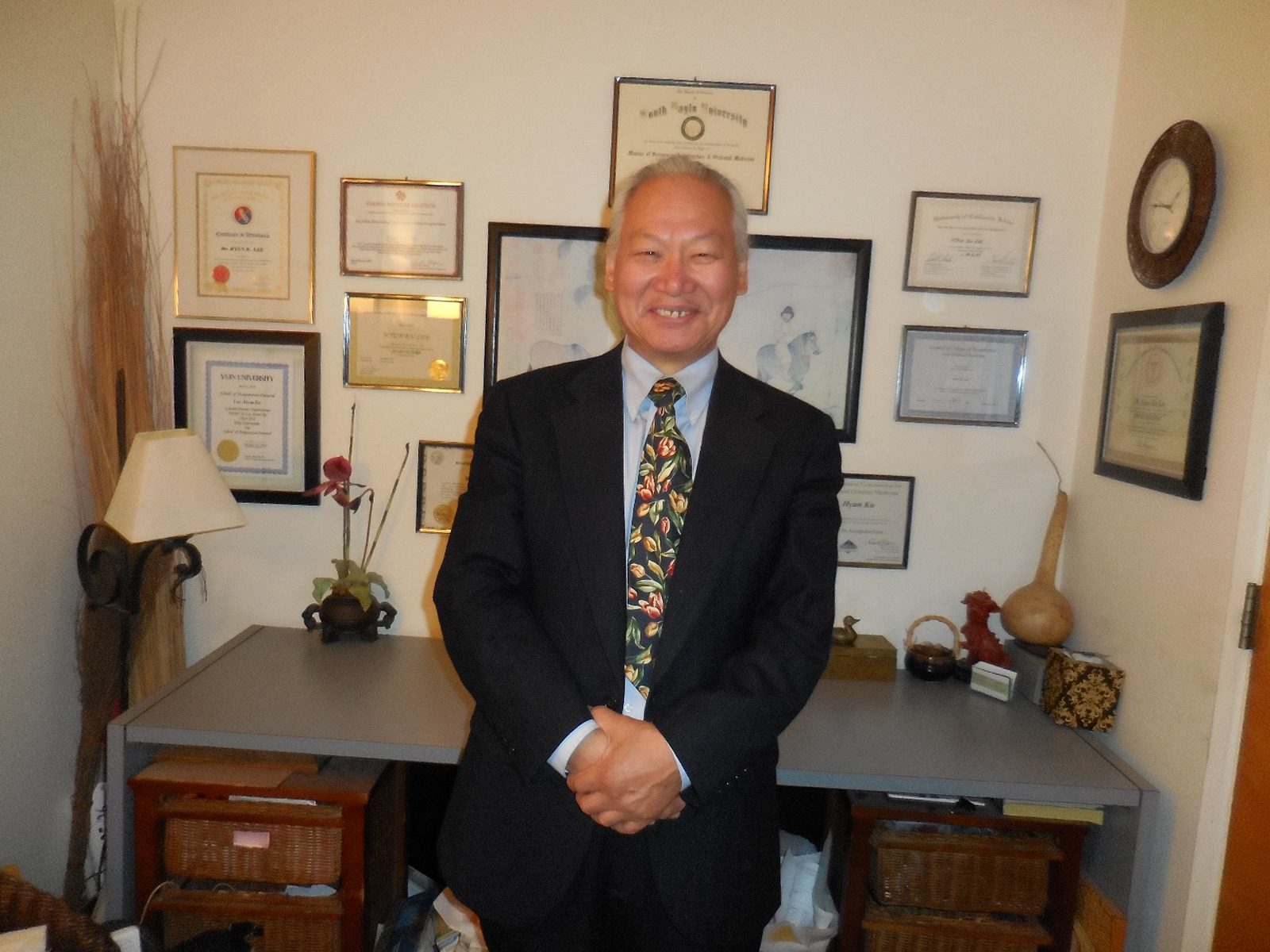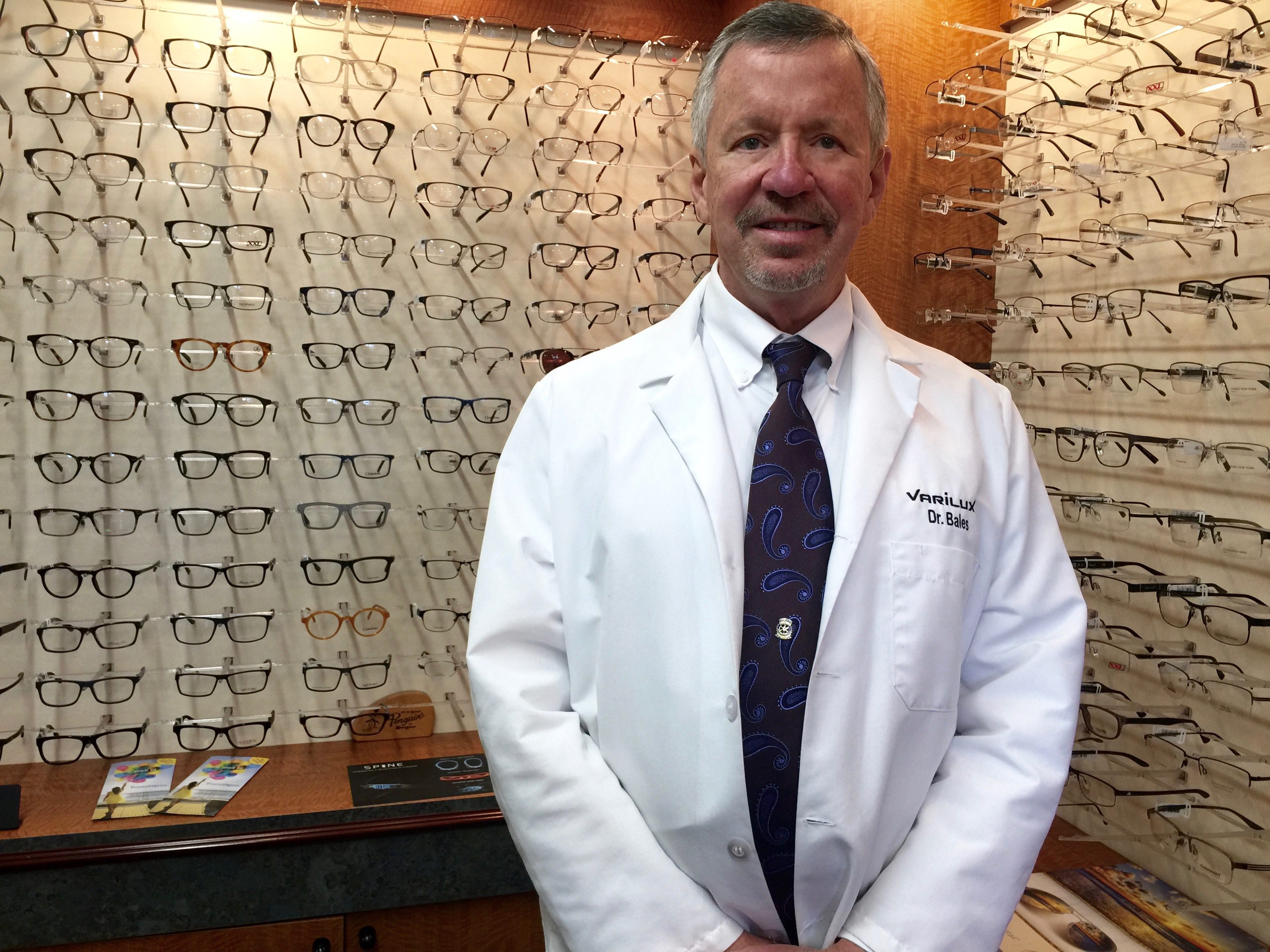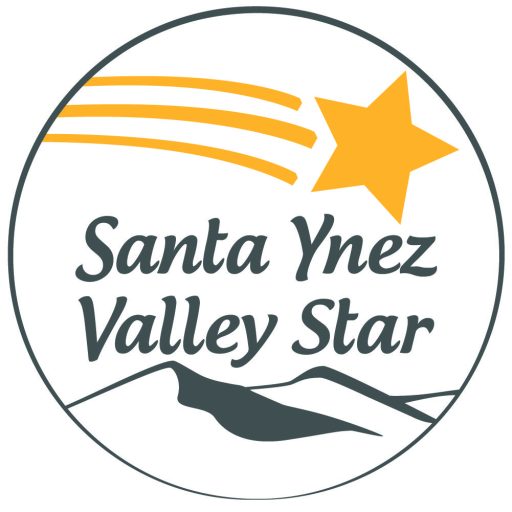By Sheila Benedict
Contributing Writer
As promised in the last column, here is a list of major repositories for genealogy research. Please check all the URLs listed, as they could change. And remember, not everything is online. A personal visit is a requirement for accurate research.
National Archives, Washington, D.C., area: The National Archives and Records Administration (NARA):
n National Archives I, 700 Pennsylvania Ave. NW, Washington, D.C., 20004; https://www.archives.gov/;
n National Archives II: 8601 Adelphi Road, College Park, Md., 20740-6001;
www.archives.gov/dc-metro/college-park.
Check the websites to find out what collections are located at each site and what can be obtained and/or ordered online. Because there are waiting periods to receive the files, often people will hire someone to go to the archive and retrieve them.
National Archives, California: Two regional centers:
n National Archives at Riverside, 23123 Cajalco Road, Perris, Calif., 92570-7298; https://www.archives.gov/riverside;
n National Archives at San Francisco, Leo J Ryan Memorial Building, 1000 Commodore Drive, San Bruno, Calif., 94066-2350; https://www.archives.gov/san-francisco.
Also in Washington, D.C.: Daughters of the American Revolution Library, 1776 D St., NW, Washington, D.C., 20006-5303; https://www.dar.org.
Also in California: Sons of the Revolution Library. It is part of the American Heritage Library, 600 So. Central Ave., Glendale, Calif., 91204; 818-240-1775; www.srcalifornia.com
Other California patriotic societies include Native Daughters of the Golden West, Native Sons of the Golden West, Society of California Pioneers, and Los Californianos.
There are also many societies and groups that specialize in genealogical research with a focus on ethnicity, religion, regions, military, and other specialties that are important for genealogists to know and access.
In all cases, it is important to study history, geography, and laws for those areas of particular interest. Researchers, regardless where their ancestors came from, need to understand migration patterns, be it from other countries or from the east to the west coasts of the United States.
Each county in California has either a genealogical society or historical society or both. Almost all have websites where you can find information about their locations, hours, whether they have a library, and other information.
Genealogical societies in the tricounty area include:
- Ventura County Genealogical Society: https://venturacogensoc.org
- Santa Barbara County Genealogical Society: https://sbgen.org [has a large library]
- Santa Maria Valley Genealogical Society: http://smvgs.org
- San Luis Obispo County Genealogical Society: www.slocgs.org
All three counties have historical societies, historical museums, or both. In additional, there are Family History Centers statewide. If you cannot visit the Family History Library in Salt Lake City (https://www.familysearch.org), you should visit the local centers, which are “branches,” if you will, of the main library. They are working to digitize a lot of their record collection.
All of these are major repositories for genealogists. Again, not everything is online, so a visit to them is a requirement for due diligence and to achieve accurate, successful research. Your ancestors deserve no less.
If you have questions, please send them to news@santaynezvalleystar.com so they can be answered in future issues.
Sheila Benedict is a professional forensic and family genealogist. She is the author of “Research in California,” which she wrote in 2015 for the National Genealogical Societies’ “Research in the States” series.





